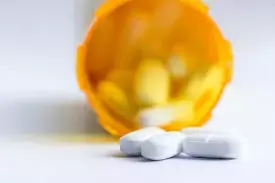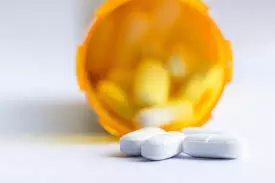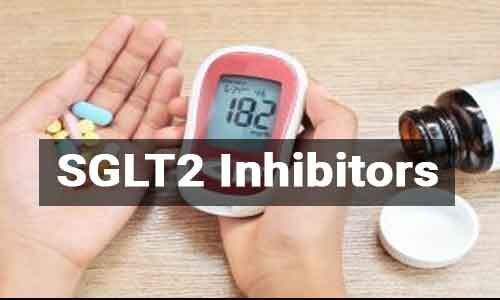- Home
- Medical news & Guidelines
- Anesthesiology
- Cardiology and CTVS
- Critical Care
- Dentistry
- Dermatology
- Diabetes and Endocrinology
- ENT
- Gastroenterology
- Medicine
- Nephrology
- Neurology
- Obstretics-Gynaecology
- Oncology
- Ophthalmology
- Orthopaedics
- Pediatrics-Neonatology
- Psychiatry
- Pulmonology
- Radiology
- Surgery
- Urology
- Laboratory Medicine
- Diet
- Nursing
- Paramedical
- Physiotherapy
- Health news
- Fact Check
- Bone Health Fact Check
- Brain Health Fact Check
- Cancer Related Fact Check
- Child Care Fact Check
- Dental and oral health fact check
- Diabetes and metabolic health fact check
- Diet and Nutrition Fact Check
- Eye and ENT Care Fact Check
- Fitness fact check
- Gut health fact check
- Heart health fact check
- Kidney health fact check
- Medical education fact check
- Men's health fact check
- Respiratory fact check
- Skin and hair care fact check
- Vaccine and Immunization fact check
- Women's health fact check
- AYUSH
- State News
- Andaman and Nicobar Islands
- Andhra Pradesh
- Arunachal Pradesh
- Assam
- Bihar
- Chandigarh
- Chattisgarh
- Dadra and Nagar Haveli
- Daman and Diu
- Delhi
- Goa
- Gujarat
- Haryana
- Himachal Pradesh
- Jammu & Kashmir
- Jharkhand
- Karnataka
- Kerala
- Ladakh
- Lakshadweep
- Madhya Pradesh
- Maharashtra
- Manipur
- Meghalaya
- Mizoram
- Nagaland
- Odisha
- Puducherry
- Punjab
- Rajasthan
- Sikkim
- Tamil Nadu
- Telangana
- Tripura
- Uttar Pradesh
- Uttrakhand
- West Bengal
- Medical Education
- Industry
Sotagliflozin improves survival in patients of diabetes and worsening HF: Study

USA: The use of sotagliflozin increased days alive out of the hospital (DAOH) in type 2 diabetes (T2D) patients at high risk for recurrent hospitalization due to recent admission for worsening heart failure, suggests a recent study.
The findings, published in the journal Annals of Internal Medicine, are important because increased rates of death and re-hospitalization are significant components of disease burden in this patient population.
Sotagliflozin is a sodium-glucose cotransporter-2 (SGLT2) inhibitor but also inhibits SGLT1, which primarily exists in the gut and appears to delay glucose absorption.
In the SOLOIST-WHF (Effect of Sotagliflozin on Cardiovascular Events in Patients With Type 2 Diabetes Post Worsening Heart Failure) trial, sotagliflozin reduced total occurrences of cardiovascular deaths, hospitalizations for heart failure, and urgent visits for heart failure relative to placebo by 33 percent. In a prespecified analysis of the study, researchers from the University of Colorado Anschutz Medical Campus extended on previous findings by comparing DAOH between the sotagliflozin and placebo groups.
More than 1,000 patients with type 2 diabetes and reduced or preserved ejection fraction who were recently hospitalized for worsening heart failure were randomly assigned to take sotagliflozin or placebo to determine whether sotagliflozin increased the prespecified efficacy outcome of DAOH. The primary analysis included hospitalizations for any reason. The researchers found that the DAOH rate in the sotagliflozin group was 3 percent higher than in the placebo group, so that for every 100 days of follow-up, patients in the sotagliflozin group were alive and out of hospital 2.9 days more than patients in the placebo group.
According to the researchers, the study findings may provide additional patient-centered outcomes to capture the totality of disease burden and could have important implications for patient quality of life and health care costs.
Reference:
DOI: https://www.acpjournals.org/doi/10.7326/M21-0651
Dr Kamal Kant Kohli-MBBS, DTCD- a chest specialist with more than 30 years of practice and a flair for writing clinical articles, Dr Kamal Kant Kohli joined Medical Dialogues as a Chief Editor of Medical News. Besides writing articles, as an editor, he proofreads and verifies all the medical content published on Medical Dialogues including those coming from journals, studies,medical conferences,guidelines etc. Email: drkohli@medicaldialogues.in. Contact no. 011-43720751




